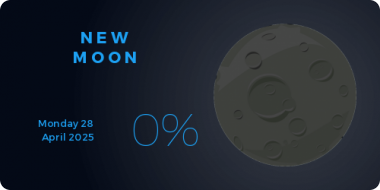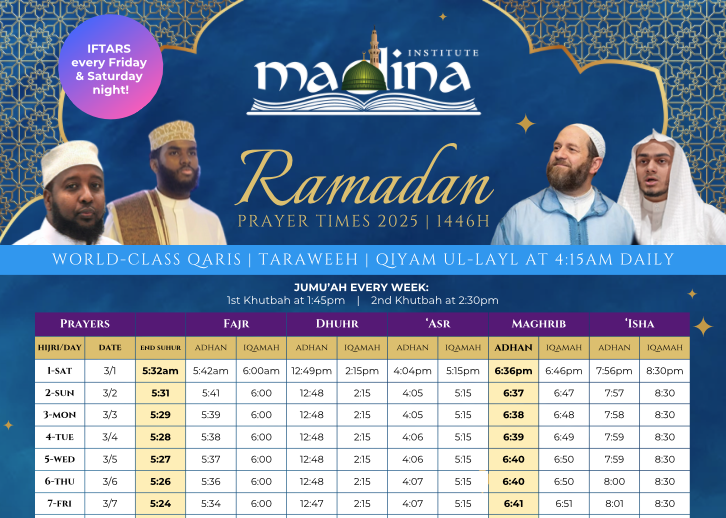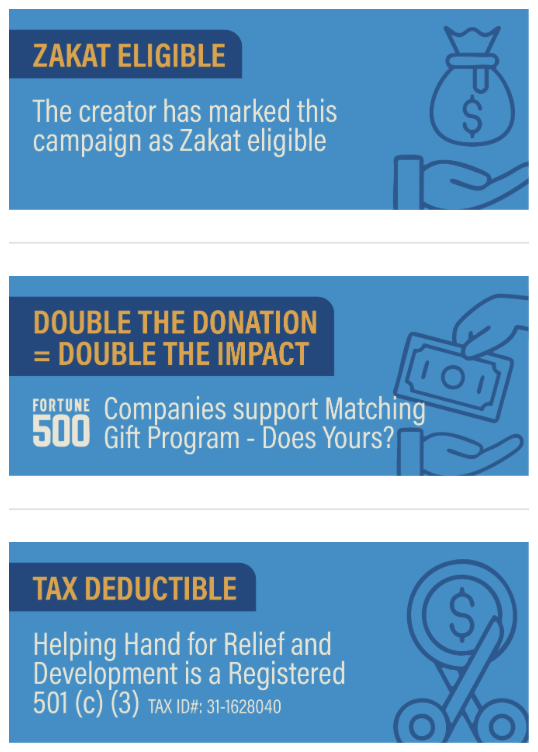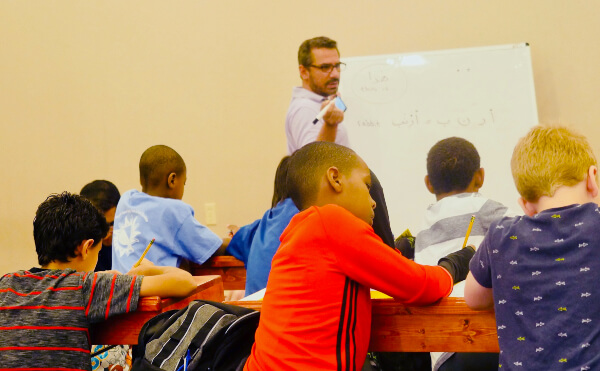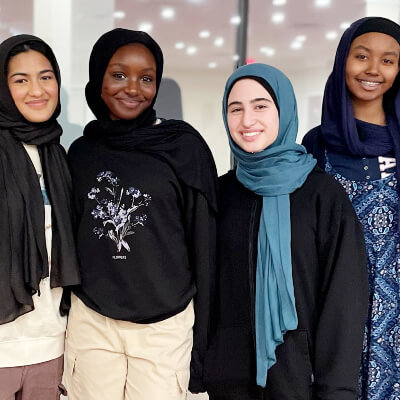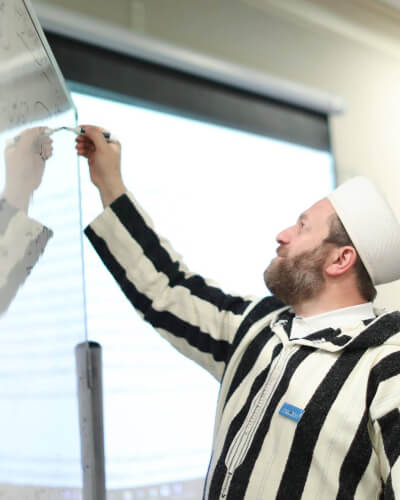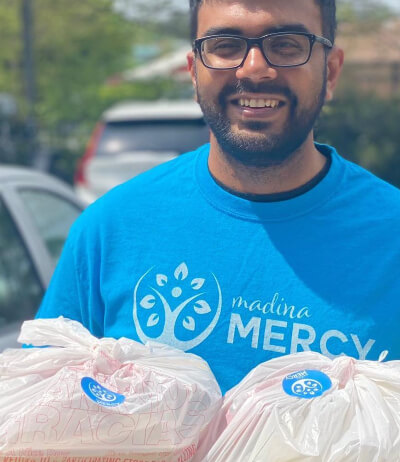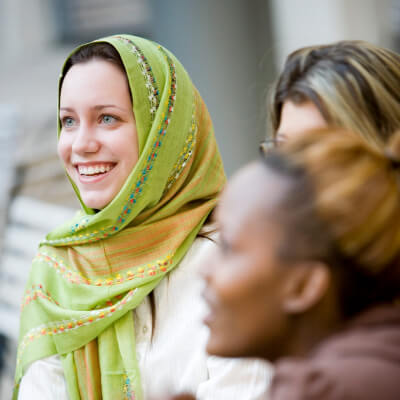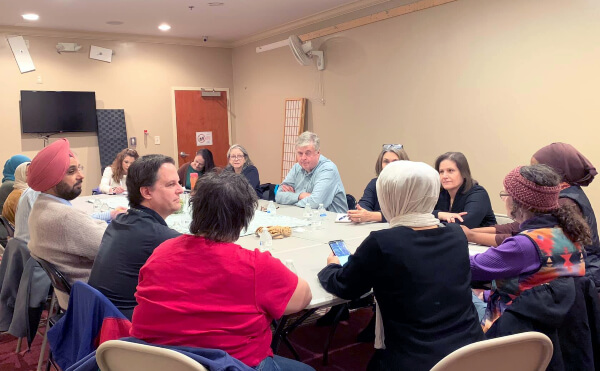Support Madina in these blessed days of Ramadan - Become a sustaining member! CLICK HERE
Ramadan Mubarak!
Join us every night for amazing Taraweeh, and Qiyam al-Layl before Fajr.
Community Iftars every Friday & Saturday night!
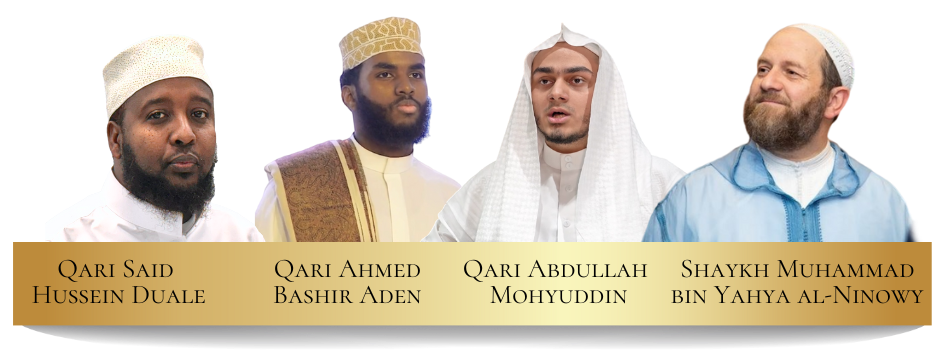

Scroll down to see events, prayers and opportunities to donate this month!
CLICK HERE to set up recurring donations to gain ongoing reward - Become a sustaining member of Madina!
Download the 2025 Ramadan Prayer Times Calendar - CLICK HERE

Nightly Taraweeh & Tafsir after Isha
Daily Prayer Times at Madina
Download the 2025 Ramadan Prayer Times Calendar - CLICK HERE
Support our beloved Madina Institute. CLICK HERE to set up recurring donations to gain ongoing reward!

Taraweeh with world-class Qaris

Nightly Tafsir with Shaykh Ninowy

Special Classes & Activities

Qiyam ul-Layl every night at 4:15am!

Itikaf & Masjid Sleepovers
Qari Said Hussein Duale (Somalia)
Qari Shaykh Said Hussein Duale is a distinguished senior Quranic scholar based in Nashville, TN. Authorized in the ten Qira’at (modes of Quranic recitation), and has Ijazat from several different scholars who are based in Egypt, Saudi Arabia, Morocco, and America. He has dedicated many years to teaching the Quran and has mentored numerous students to become huffadh (memorizers of the Quran) across various riwayat (narrations).
Qari Ahmed Bashir Aden (USA)
Qari Ahmed Bashir is from Nashville, Tennessee. He memorized the Quran at 9 years old and went on to learn the ten recitations of the Quran. He has participated and placed highly in many international Quran competitions on memorization of the Quran and Tajwid.
Qari Abdullah Mohyuddin (Madina)
Qari Abdullah Mohyuddin memorized the Quran in Al-Madina Al-Munawwarah. He had the honor of learning from and reciting to some of the Imams of the Prophetic Mosque, including Qari Mahmood Khalil who led at Madina Institute in 2015. Qari Abdullah holds an Ijaza in the Qira’ah of ‘Asim.
Nightly Tafsir with Shaykh Muhammad al-Ninowy
(during break after 8 rakas of prayer)
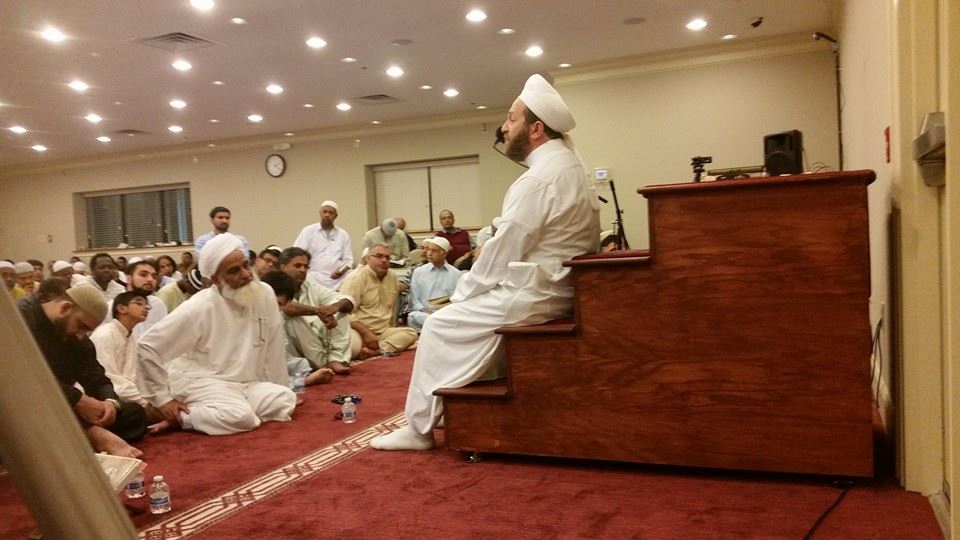
Our beloved teacher and guide, Shaykh Ninowy, is a specialist in Hadith Sciences, a world-renowned Mufti of rare caliber, and is the founder of Madina Institute masjid & seminary, as well as Madina Mercy and numerous other organizations and initiatives.
Sponsor an Iftar at Madina!
The Prophet Muhammad ﷺ said: “Whoever feeds the person who is breaking his fast, he will have his reward (for his fasting) without decreasing anything from the reward of the fasting person.” (Al-Tirmidhi)
Sponsor a weekend Iftar for the Madina community! (Fridays & Saturdays)
Click below to become an Iftar Sponsor & share the blessings of Ramadan. You can do a FULL or PARTIAL sponsorship!
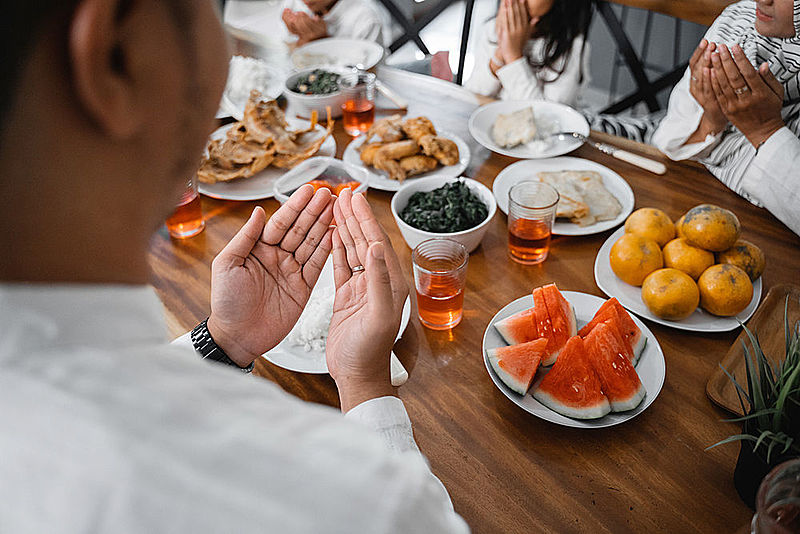
Questions? Call Madina Institute Admin at 404-784-8625. For questions about the food & catering contact Sr. Amina at 404-808-6923.
Ramadan FAQs by Shaykh Muhammad al-Ninowy

I wanted to share some brief thoughts on questions I often get from community members. I do so for the sake of clarity and guidance, not for the sake of argument or debate. I advise you to follow your local Fiqh teacher (if he/she is a Faqih) and learn a school of Fiqh to have a consistent approach and grow in knowledge and your practice of Fiqh.
May this Ramadan be full of blessings, mercies, kindness, peace, nonviolence, sharing, caring, guidance and love to all.
Please remember the whole Ummah, us, and all the creation in your prayers.
Wassalam,
Shaykh Dr. Muhammad bin Yahya Al-Ninowy
RAMADAN MUBARAK TO ALL
Ramadan FAQs from the desk of Shaykh Muhammad al-Ninowy
I wanted to share some brief thoughts on questions I often get from community members. I do so for the sake of clarity and guidance, not for the sake of argument or debate. I advise you to follow your local Fiqh teacher (if he/she is a Faqih) and learn a school of Fiqh to have a consistent approach and grow in knowledge and your practice of Fiqh.
May this Ramadan be full of blessings, mercies, kindness, peace, nonviolence, sharing, caring, guidance and love to all. Please remember the whole Ummah, us, and all the creation in your prayers.
Wassalam,
Shaykh Dr. Muhammad bin Yahya Al-Ninowy
RAMADAN MUBARAK TO ALL
Is the New moon birth confirmed by naked eye sighting or the calculation method?
There are actually three methods, which are mistakenly confounded into two by some. The old astrological calculation methods are speculative at best. Multiple people’s naked eye sightings and modern definitive scientific methodologies are definitive.
Either of the definitive methods suffice, though they mostly coincide together. When the new moon is born, the month of Ramadan starts, regardless of you, and based on that birth, it will end, too. Those unable to confirm/see are excused until they do. The same goes when Shawwal enters. Yet, declaring Ramadan is not the function of the individual or the masses, despite the popular hype in Western Muslim communities. It is usually governments and community leadership; unless you yourself witness the month, then you must fast.
The rule is: Fast when people fast, and break your fast (Eid) when people celebrate Eid.
Tirmidhi (Hadith number 802) narrates:عَنْ عَائِشَةَ، قَالَتْ: قَالَ رَسُولُ اللَّهِ ﷺ”“الْفِطْرُ يَوْمَ يُفْطِرُ النَّاسُ، وَالْأَضْحَى يَوْمَ يُضَحِّي النَّاسُ The Prophet ﷺ said: Breaking fast (Eid) is when people do Eid, and Adha is when people do Adha.
Another Tirmidhi narration (Hadith number 697):عَنْ أَبِي هُرَيْرَةَ، أَنّ النَّبِيَّ ﷺ قَالَ” “الصَّوْمُ يَوْمَ تَصُومُونَ وَالْفِطْرُ يَوْمَ تُفْطِرُونَ وَالْأَضْحَى يَوْمَ تُضَحُّونَ The Prophet ﷺ said: Fasting when you all fast and breaking the fast is when you all break the fast, and Adha is when you all do Adha.
The summary: fast when Ramadan is observed by the vast majority in your community, and if you are proven to have missed a day, simply make up the day, and you should be just fine, insha’Allah.
Should we follow a local/different moon sightings (Ikhtilāf al-Maṭali’) or a global/unified moon sighting (Wahdat al-Maṭāli’)?
The issue here is what marks [or indicates] the new lunar month. The actual beginning of the lunar month marked by the actual birth of the new moon, or naked-eye sighting that the new moon has been born. Therefore, the method of confirming new moon’s birth may not necessarily be the actual new moon’s birth, as confirmation is capacity-based and method/opinion-based. Obviously, there is only one actual new moon birth. Those unable to align themselves with witnessing the actual new moon’s birth marking the entry and exit of the lunar month, are excused until they do, thus allowing different confirmation of the new moon’s birth, rather than the actual moon’s birth itself. Refer to the previous answer.
The Tarāwīh Prayer - should it be prayed in congregation behind one Imam at a Masjid, or individually?
The position more aligned with the Prophetic Sunnah is that you pray Tarawih with your family at home. Praying Tarāwīh at the Masjid behind one Imam in the congregation is for those who are weak, demotivated to offer it at home, can’t read on their own, etc. I used to pray it at the Masjid until the Imam finishes, then offer the better prayer at the night of Ramadan which is Qiyām al-Layl reading a full Juz’ (One Qur’anic chapter) at home. Now that I am weak, I pray it at the Masjid in the congregation behind the Imam. Teach yourself and others not to be weak. So, in the West, you can either pray it at home with your family, pray it at the Masjid behind one Imam, or do both. Whatever you choose, do perform the Qiyām al-Layl prayers as it is a confirmed Sunnah. So, either before you sleep, or right before Fajr time enters, offer 2, 4, 6, or more units of prayer.
Are Tarāwīh prayers supposed to be 8 units or 20?
There is no definitive or conclusive evidence for either, so there is no point in futile discussions.
a- According to the Sahih collections of ̣Hadīth: the Prophet ﷺ prayed 8 units then Witr.
b- And according to the Sahih collections of ̣Hadīth: the Prophet ﷺ prayed 11 units, and the narration didn’t mention Witr specifically.
c- And according to the Sahih collections of ̣Hadīth: the Prophet ﷺ prayed 13 units without mentioning the Witr specifically.
d- And according to Musnad Ahmad: the Prophet ﷺ prayed 16 units without the Witr (yet the Sanad is lightly weak). So for this optional prayer, pray whichever you choose, from 8 to 40, for Allah Ta’ala will not punish you for praying. Those who consider this Bid’a, take heed from what Allah Ta’ala said: أَرَءَیۡتَ ٱلَّذِی یَنۡهَىٰ﴾ [العلق ٩]﴿عَبۡدًا إِذَا صَلَّىٰۤ﴾ [العلق ١٠]﴿ Which means: “Have you seen the one who forbids a worshipper from praying?”
Is it permissible to drink/eat while the Fajr Adhān is being called?
Scrupulousness should lead you to stay from that or from eating once the Adhān started. But if someone needs to take their medications and the Adhān is being called, then they should do that, and that is fine insha’Allah.
Breaking fast - Should I break my fast at the beginning of the Maghrib Adhān, at the end of it, when the sun’s circle has disappeared from the horizon, or when the actual nighttime falls?
There are authentic narrations indicating hastening in breaking the fast, and there is the Qur’anic verse stating: ثُمَّ أَتِمُّوا۟ ٱلصِّیَامَ إِلَى ٱلَّیۡلِۚ ﴾ [البقرة ١٨٧]﴿ (Continue fasting until the night). But when does the night come in? All [scholars] agree that the beginning of the night is when the Sun’s circle disappears from the horizon as a minimum. Therefore, that should be your indicator, and that should be the standard for all calendars. For the longest time I used to pray Maghrib first then break my fast. In times of weakness, I wait for the Adhān to be finished then I break it before praying.
Intimacy during the daytime of Ramadan
Scholars do not disagree that intimacy with a spouse during the day of Ramadan, except for intercourse, is not prohibited, for that is the only prohibited part. They disagree on whether or not discharge from the reproductive system invalidates fasting. If we overweigh the non-conclusive evidence to our understanding, then a deliberate discharge or acts leading to it may invalidate the fast, whether that happened with a spouse or without.
When is the Night of Qadr?
There is no specific authentic and conclusive evidence singling out one night versus another, except the known Hadith narrations that say it is in the last 10 nights, the odd nights of the last ten nights, etc. To me, Laylat ul-Qadr varies in occurrence after the first one ever in which the Qur’an was revealed, and may not be on the same night every year.
Should Sadaqat al-Fitr be given in grains or cash/money?
You may give your Sadaqat Al-Fitr in either way, depending on the needs of the receiving needy Muslim.
Is the Khutba of Eid given in one part, or two parts like Jumu’ah?
Scholars disagree on the Wujub or Sunniyyat of Eid Prayers. As for the Khutba of Eid, it is Sunnah. For those who sit and listen, it’s a blessing. Those who leave after the prayer are okay, and no accountability is sanctioned. If the Imam performs a 2-part Khutba (like Jumu'ah) it’s a great blessing. However, it is permissible if he only offers one Khutba.
Did you know?

Madina now has special bottle filling stations to reduce plastic waste!
Please bring a reusable water bottle!
You can download our full Prayer Times Calendar - CLICK HERE

Ramadan is the only time Madina does fundraising.
If you enjoy Madina's many events, classes and services, SUPPORT US - CLICK HERE
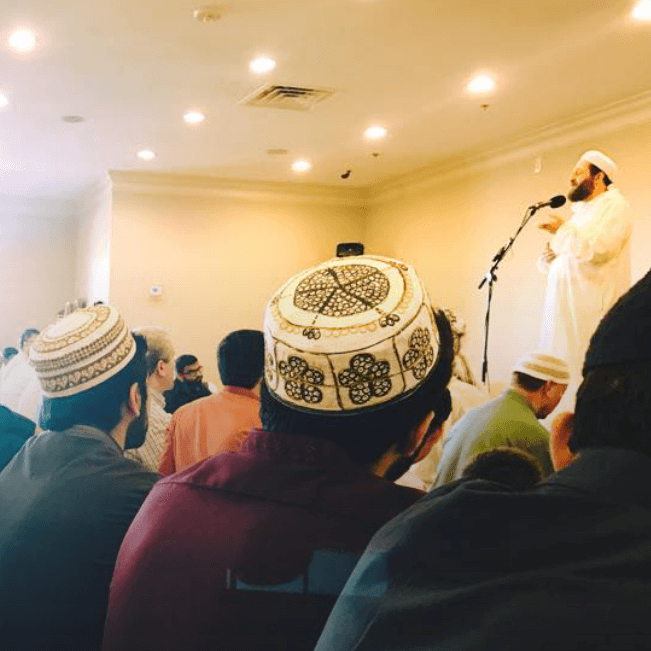
General Public
Purification of the Heart Series Saturdays after Dhuhr Prayer (2:30pm) with Imam Asad Khan
Community Iftars every Friday & Saturday night
Daily Prayers, Jumu'ah & Nightly Taraweeh
Qiyam ul-Layl every night at 4:15am
Nasheed Night! Friday, March 21st
Weekend Knowledge Intensive with Sh. Ninowy March 8-9
I'tikaf for men in the last 10 days (Food served)
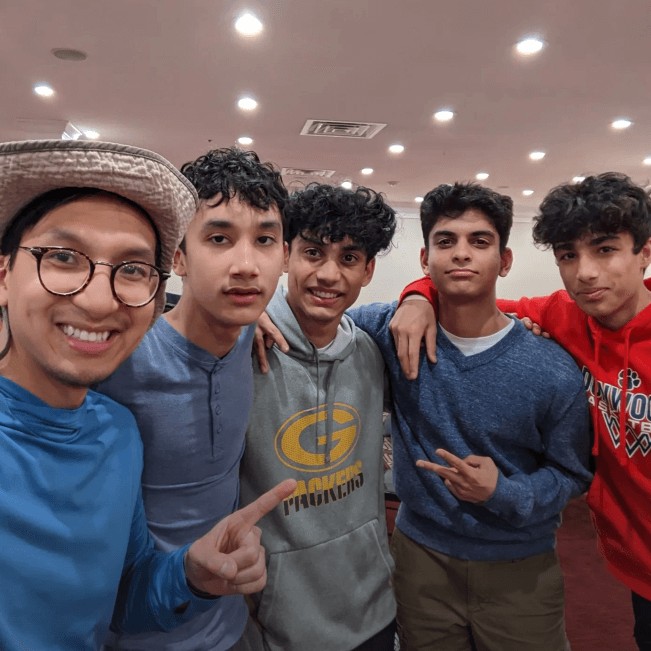
Kids & Youth
Girls Lock-In Sleepover
Fun activities, games, halaqa, Suhoor, Qiyam prayer
TEEN GIRLS ages 14-18 ONLY
Snacks & Suhoor provided
Registration & Waiver required
Saturday March 8th
Midnight-Fajr
Boys Lock-In Sleepover
Fun activities, halaqa, Suhoor, Qiyam prayer
TEEN BOYS ages 15-18 ONLY
Registration & Waiver required
Saturday March 14th
Midnight-Fajr

Sisters Programs
Walking the Path of Purification
with Ustadha Sofia Sharif & Ustadha Hannen Daoud
Saturday March 1st
2-3:30pm
Ladies Iftar Event!
An Evening of Sisterhood
Ladies only - age 15+
Wednesday March 12th
6:30pm at Madina
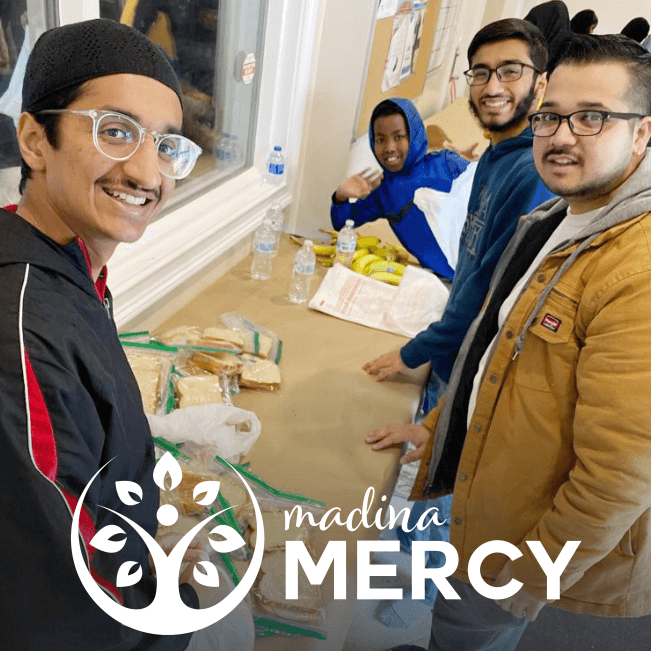
Charity & Outreach
Info coming soon
To learn how to get involved with Madina Mercy Atlanta, please contact Sr Rizwana at 678-640-8940!
For Converts & Newly Practicing Muslims
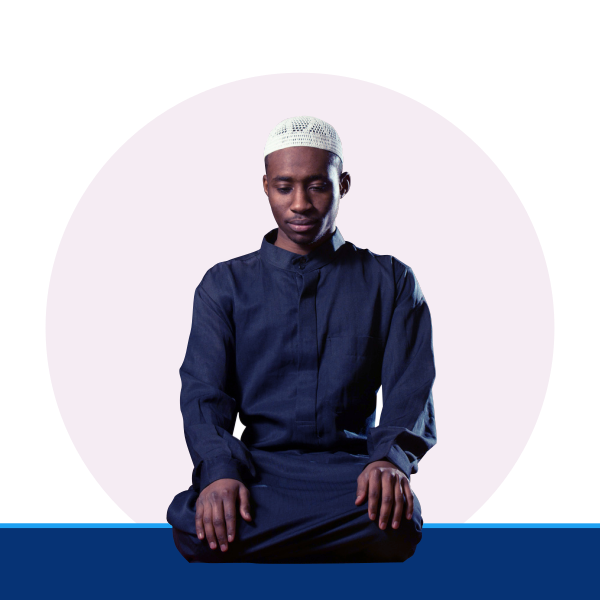
"How to Connect with the Quran"
with Ustadha Alexandra Contos
March 8th @ 3:30pm
The spirit & practice of engaging with the Quran. Talk plus Q?A, before Iftar
Open to men & women, age 18+, kids welcome (No babysitting provided)
Square 1 @ Madina Institute
"Ramadan: Community, Diversity & Quran"
Community Panel Discussion & Big Potluck Iftar
March 22nd @ 6pm
The spirit & practice of engaging with the Quran. Talk plus Q?A, before Iftar
For brothers & sisters, friends & family!
The Hub in Sandy Springs
Square 1 @ Madina Institute
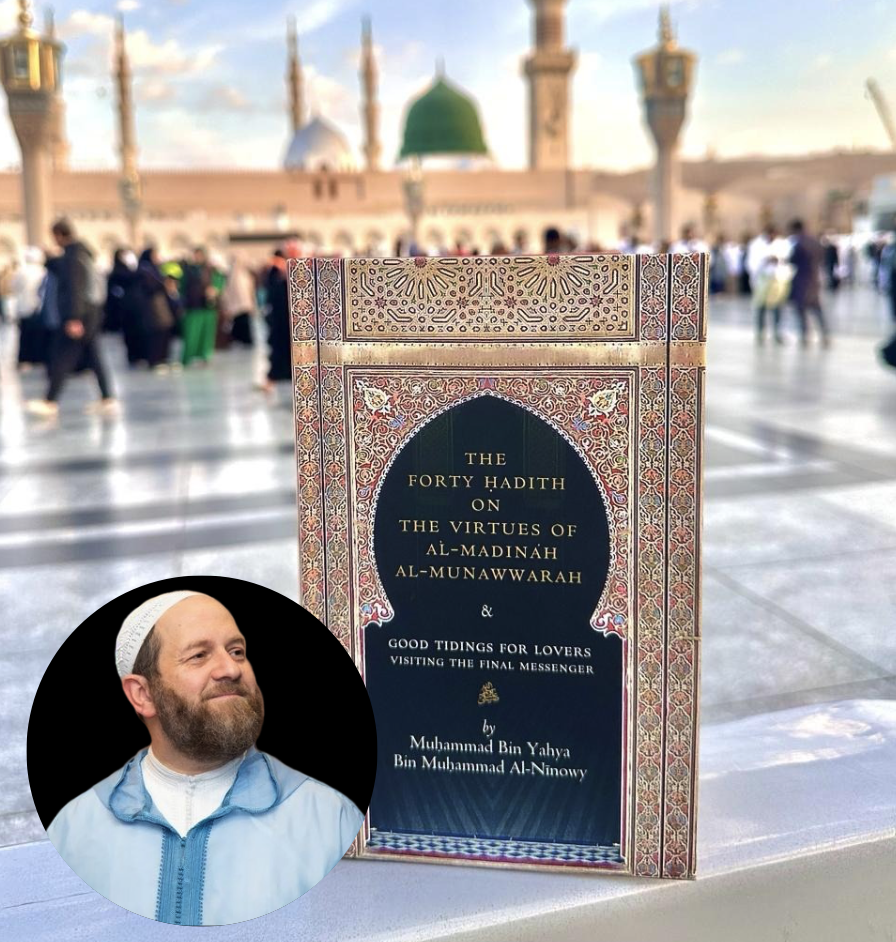
'Ulum al-Quran
Weekend course with Shayh Muhammad al-Ninowy!
Intro to the study of the Quran, focusing on its compilation, structure, and sciences surrounding its interpretation.
Sat-Sun, March 8th & 9th
2:30-5:30pm
$150 course fee, Registration required
Special Hadith Reading!
The 40 Hadith on Madina al-Munawwara
Daily hadith reading & commentary fro Sh. Ninowy's new book in the last 10 nights of Ramadan
March 20-29
Time TBA
Madina Institute is proud to serve the Atlanta Muslim community & surrounding areas.
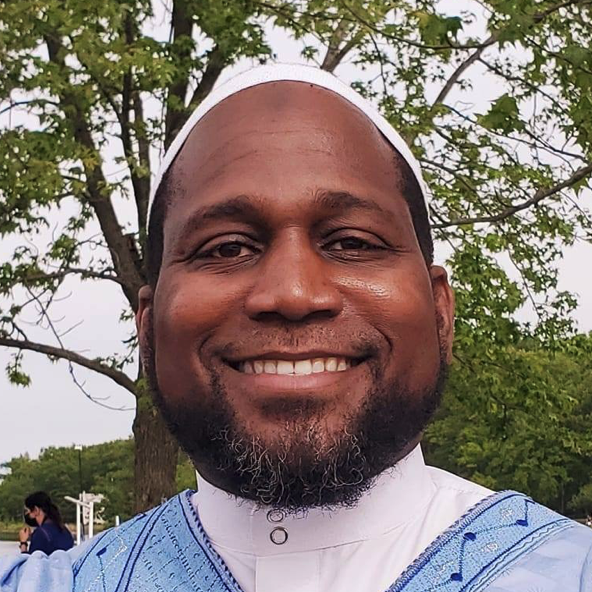
A much needed hub of classical Islamic education and community service. Shaykh an-Ninowy continues to inspire me and thousands of people around the world.
Shaykh Adeyinka Mendes
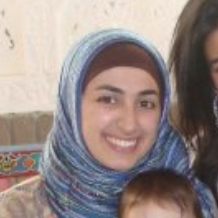
Very few Islamic centers in the west have the quality, beauty, simplicity and service that Madina has. And the people who work hard to serve the community there are down-to-earth, open-minded, loving people.
Umm Zain Contos
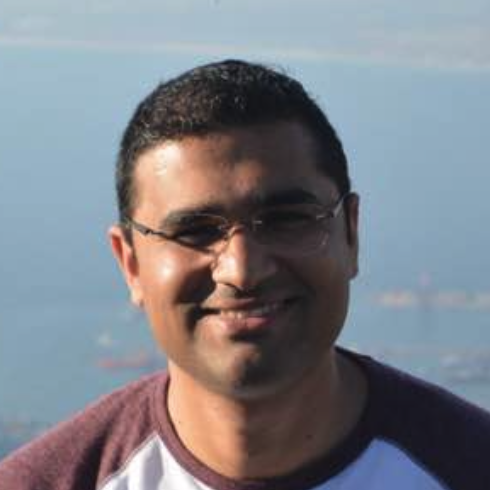
This mosque is my second home. The pervasive feeling of brotherhood/ sisterhood, the uplifting feeling of spirituality and a sense of unity and community that I've experienced here is unlike any that I have ever attended before.
Shergeel Khan
Check out the revolutionary 1-Year Islamic Studies Programs at Madina!
Classes start in September - Applications are open!
Address 3580 Sweetwater Rd, Duluth, GA 30096
Get updates & announcements on all Madina events - CLICK HERE
Connect with Us
© Copyright 2024 Madina Institute. All Rights Reserved. Designed & Powered by Zindiggy Tech Solutions




